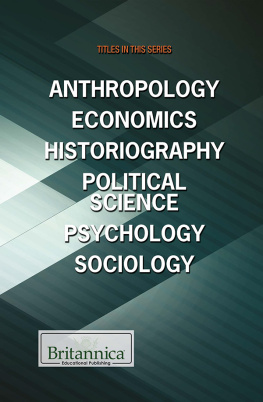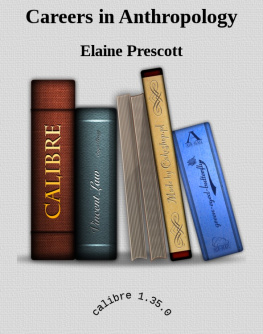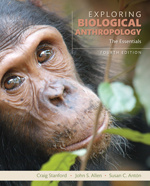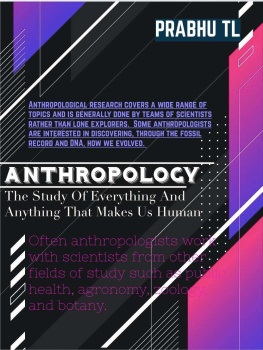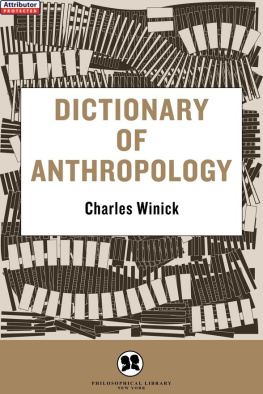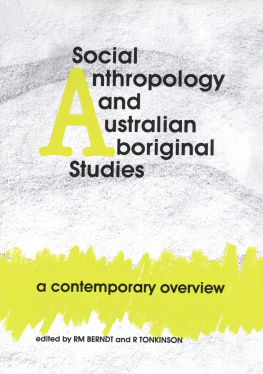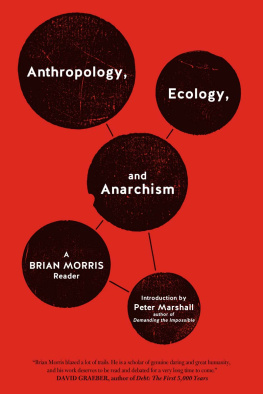Domesticating Resistance
The Dhan-Gadi Aborigines and the Australian State
EXPLORATIONS IN ANTHROPOLOGY
A University College London Series
Series Editors: John Gledhill and Bruce Kapferer
First published in 1989 by Berg Publishers
Published 2020 by Routledge
2 Park Square, Milton Park, Abingdon, Oxon OX14 4RN
605 Third Avenue, New York, NY 10017
Routledge is an imprint of the Taylor & Francis Group, an informa business
Barry Morris 1989
All rights reserved. No part of this book may be reprinted or reproduced or utilised in any form or by any electronic, mechanical, or other means, now known or hereafter invented, including photocopying and recording, or in any information storage or retrieval system, without permission in writing from the publishers.
Notice:
Product or corporate names may be trademarks or registered trademarks, and are used only for identification and explanation without intent to infringe.
British Library Cataloguin Publication Data
Morris, Barry
Domesticating resistance: the Dhan-Gadi
aborigines and the Australian state -
(Explorations in anthropology)
1. New South Wales. Dhan-Gadi, history
I. Title II. Series
994.40049915
ISBN 0-85496-271-9
Library of Congress Cataloging-in-Publicationon Data
Morris, Barry.
Domesticating resistance: the Dhan-Gadi aborigines
and the Australian state / Barry Morris.
p. cm. - (Explorations in anthropology)
Bibliography: p.
ISBN 0-85496-271-9 : $45.00 (est.)
1. Dangadi Australian people) 2. Australia-Native races.
I. Title. II. Series.
DU125.D35M66 1988
305.89915-dc19
88-39473
ISBN 13: 978-0-8549-6271-6 (hbk)
In Memory of John D. Quinlan Ellen M. Davis James Kelly Sadie Miranda
Philosophic discourse has always been essentially related to law, institutions, and contracts which, taken together, constitute the subject matter of sovereignty and have been part of the history of sedentary peoples from the earliest despotic states to modern democracies
It is common knowledge that nomads fare miserably under our kinds of regime: we will go to any lengths in order to settle them, and they barely have enough to subsist on But the nomad is not necessarily one who moves: some voyages take place in situ, are trips in intensity. Even historically, nomads are not necessarily those who move about like migrants. On the contrary, they do not move; nomads, they nevertheless stay in the same place and continually evade the codes of settled people. (Deleuze 1977: 1489)
This book has been generally supported by many people. I am foremost in the debt to Chris Morris who shared with me the period of fieldwork and the writing up and has supported and encouraged this project throughout, often at her own inconvenience. I also extend my thanks to Terry Widders who was instrumental in my original decision to go to the Macleay Valley and whose initial personal introductions to a number of people were to be of invaluable assistance during my fieldwork.
To the Dhan-gadi people, I owe a unique debt. There is no doubt for me that they are responsible for what limited insights I have gained into the social and political world of the Dhan-gadi. They permitted me to observe, and patiently and tolerantly instructed me, in many matters which, when all things are considered, they might well have wished to keep to themselves. I thank them for this and value the friendships that developed in the process. There are many people who helped me. My special gratitude I wish to express to Mr John D. Quinlan, Mrs Ellen Davis, Mrs Carlene Davis, Mr James Kelly, Mrs Daphne Kelly, Mrs Sadie Miranda, Mr Len de Silva, Mr Ray Kelly, Mr Letton Smith, Mr Alfie Drew, Mr Colin Campbell, Mr Robert Campbell, Mr Bill Duroux, Mrs Mary Duroux, Mrs Maisie Mason and Mrs Victoria Archibald. In general, I owe the Dhan-gadi people a great debt for their hospitality and acceptance.
I wish to thank Jeremy Beckett, Andrew Lattas and Gillian Cowl-ishaw for their encouragement and detailed and constructive criticisms. I also owe an intellectual debt to Bruce Kapferer, Douglas Miles, Sue Barham, Tom Ernst, Geoff Bagshaw, Michael Roberts and Lee Sackett. The Anthropology Department of Adelaide University provided a stimulating environment for the intellectual nurturance of this book.
I gratefully acknowledge the financial assistance given to me through the Greenwell Bequest (Anthropology Department, University of Sydney) and the Australian Institute of Aboriginal Studies.
I would like to acknowledge the research assistance given by the Macleay Historical Society, Mitchell Library, NSW State Archives, NSW Museum Library and the Australian Institute of Aboriginal Studies.
| AAM | Australian Aborigine Mission |
| AAPA | Australian Aboriginal Progressive Association |
| ABS | Australian Bureau of Statistics |
| AHR | Historical Records of Australia |
| AIAS | Australian Institute of Aboriginal Studies |
| APA | Aborigines Progressive Association |
| APB | Aborigines Protection Board |
| AWB | Aborigines Welfare Board |
| AWO | Area Welfare Officer |
| B | Brother |
| CWA | Country Womens Association |
| D | Daughter |
| F | Father |
| f. b. | full blood |
| FF | Fathers father |
| FFZ | Fathers fathers sister |
| FZ | Fathers sister |
| FZD | Fathers sisters daughter |
| FZS | Fathers sisters son |
| HC | Housing Commission |
| h.c. | half caste |
| HFA | Homes for Aborigines |
| M | Mother |
| MA | Macleay Argus |
| MB | Mothers brother |
| MBD | Mothers brothers daughter |
| MBS | Mothers brothers son |
| MC | Macleay Chronicle |
| MDWC | Macleay District Welfare Committee |
| MF | Mothers father |
| MFZ | Mothers fathers sister |
| MHS | Macleay Historical Society |
| ML | Mitchell Library |
| MM | Mothers mother |
| MMB | Mothers mothers brother |
| MP | Member of Parliament |
| NPWS | National Parks and Wildlife Service |
| NSW | New South Wales |
| NSW Leg. Ass. | New South Wales Legislative Assembly |
| PSB | Public Service Board |
| S | Son |
| SA | New South Wales State Archives |
| SRNSW | Statistical Registrar of New South Wales |
| TAB | State government betting agency |
| USA | United States of America |
| V and P | Votes and Proceedings |


